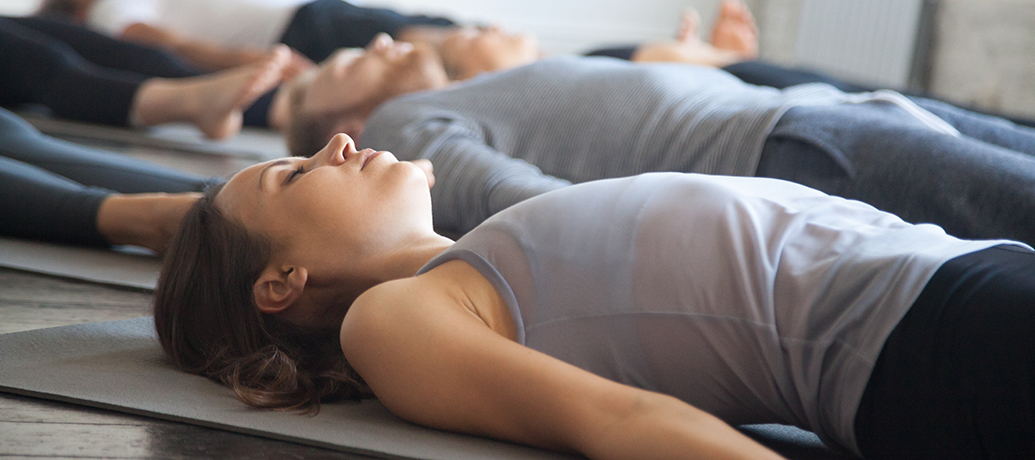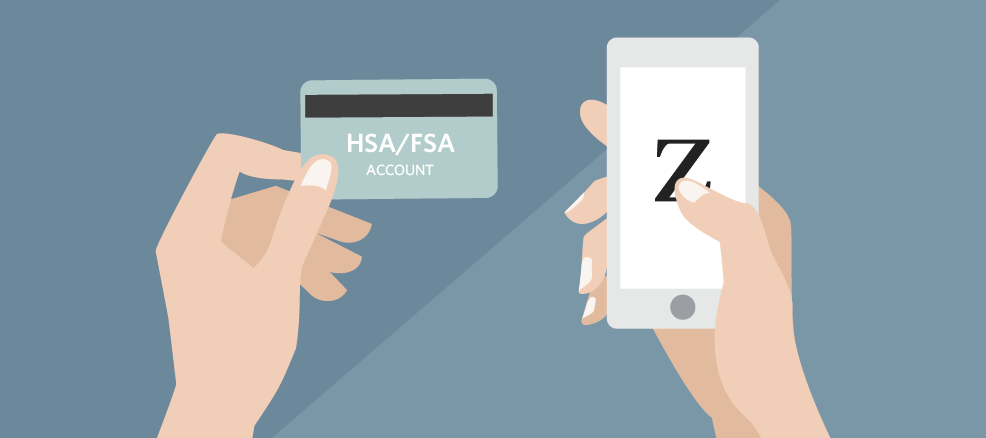We’re just going to come out and say it – Americans have a sleep problem. Though the average adult should be getting 7-9 hours of sleep per night, many people operate on far less. Lack of sleep can have far-reaching consequences within the workplace. Therefore, it’s prudent for companies to help their employees identify sleep issues and foster healthy habits.
Signs of sleepless employees
They call out sick a lot
Chronic sleep deprivation can lead to an array of health issues including stroke, heart attack, obesity and type 2 diabetes. These maladies require frequent medical attention and often result in people taking/needing sick days. What’s more, the discomfort they cause can easily distract your employees, negatively affecting performance.
They seem careless
Exhausted employees are more likely to be sloppy and accident prone. In fact, according to a Harvard study (cited in this Inc. article), insomnia causes more than 274,000 workplace accidents and costs companies over $31 billion every year. A good night’s sleep is critical to maintaining a safe work environment.
They procrastinate
Lack of sleep hurts your employees’ ability to remain focused and attentive. It also impedes their ability to make decisions quickly and effectively. That means they are more likely to procrastinate. Conversely, employees who are well rested will have a much easier time getting down to business and working efficiently.
They tend to be cranky
Employees who are short on sleep are likely to be short on goodwill as well. Tired people are more prone to being irritable. On the other hand, individuals who have slept well are better at building relationships. They are also more apt to be friendlier and to socialize with their colleagues, increasing workplace engagement.
They’ve gained weight
People that sleep for less than six hours a night are more apt to gain weight. This is because sleep deprivation often leads to reduced levels of leptin, an appetite-suppressing hormone. It may also elevate levels of ghrelin, a hormone that stimulates hunger. What’s more, lack of sleep can cause red, puffy eyes and/or dark circles under the eye. Well-rested employees usually look more refreshed (and have more energy to work out as well).
They’re not finishing their work
Lost sleep affects productivity. Some studies show that people dealing with bouts of insomnia are 25-45% less productive.
Encourage healthy sleep habits at work
Cap excessive work hours
Many offices supposedly operate on a 9:00-5:00 schedule. However, many employees clock in from home. They check work email and receive after-hours requests. This keeps their brain in “office” mode and makes it far more challenging to wind down at the end of the day. Consider establishing a rule limiting post-work communication. For example, make it known that employees shouldn’t necessarily expect a response after, say, 7:30 pm.
Introduce flex-time
A flexible schedule can be a real boon to your employees’ sleep habits. By granting them agency over their time, you can actively help reduce their stress levels. They can tailor their schedule to better accommodate their sleep needs. Some night owls, for example, might come in at 10:30 am – but then stay until 9 p.m.
Allow office napping
Designate an area of the office where employees can grab a little shut-eye. Power naps are a great way for employees to refuel. According to the National Sleep Foundation, an individual who naps for roughly twenty minutes is likely to feel a surge in alertness and energy. In turn, this leads to increased productivity and helps employees complete whatever task they have at hand.
Make sure your office is flooded with natural light
Sunlight helps to regulate the body’s natural sleep cycle and improves your ability to fall asleep at night. It also provides an energy boost during the day. If you are unable to position your desks near a window, encourage employees to step outside periodically and soak up a few rays.
Bring in the massages
Massages are one way to reset your employees’ brain waves. Not only can a mere 10-minute massage in the office relax and revive employees, but a massage at home, especially a special sleep massage, can promote a night or a week of deep sleep – enough to ease chronic insomnia.
Educate employees on the effects of sleep deprivation.
Your employees may be unaware of just how much a lack of sleep is hurting them. Compile some information about the ill effects of sleep deprivation and how to spot the signs. Heck, you can even let them know about the positives effects that massage can have on sleep. You can post this material in an office newsletter, on the intranet or even simply a bulletin board in a communal space.
There’s no doubt that healthy and productive employees will lead to a healthy and productive business. And the key to both begins with good night’s sleep.







